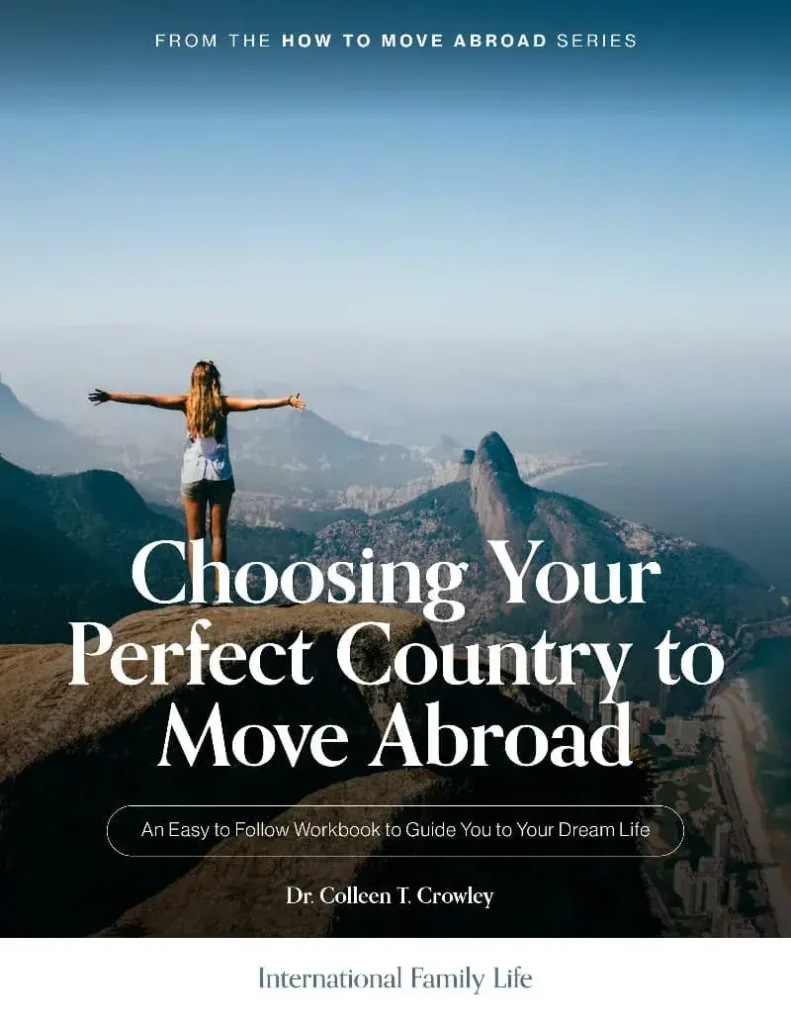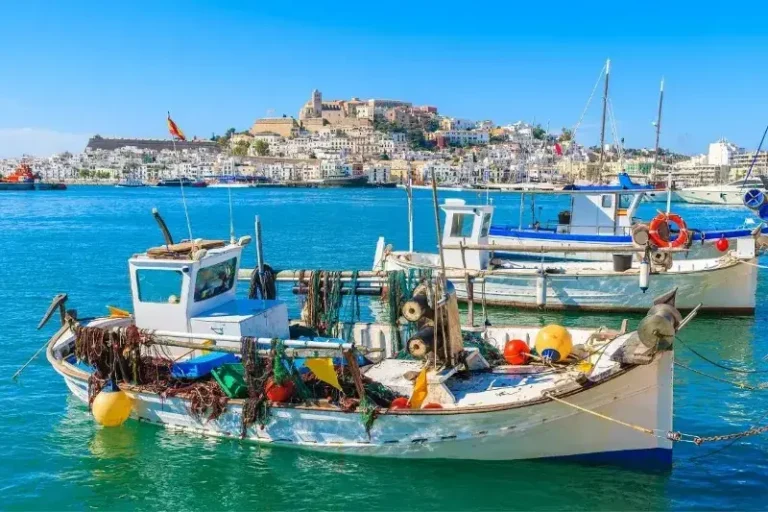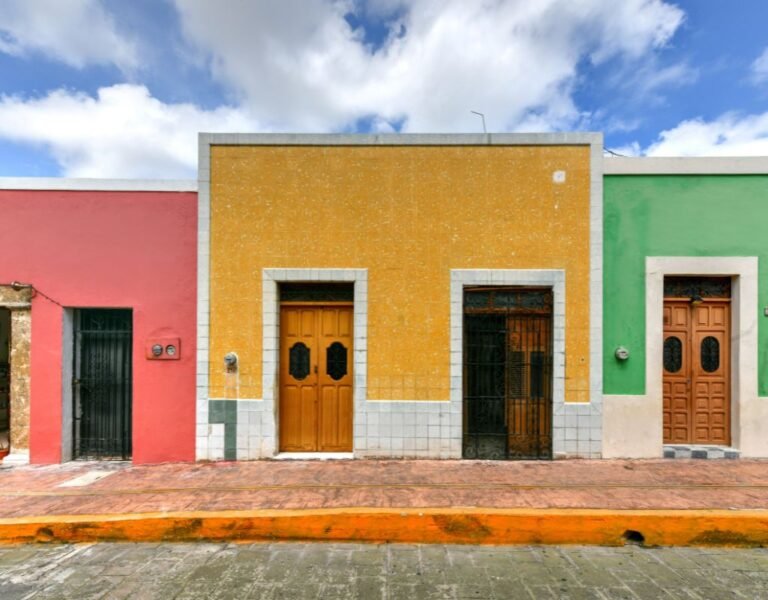Moving Abroad as a Teenager
|
Where Do I Even Begin?
This past summer, I moved from California to Mallorca, Spain. A major shift in itself, I also graduated high school this summer, after completing all my credits as a sophomore. Now, a 16-year-old high school graduate living abroad, I am taking a gap year to volunteer, travel, intern, and work while applying to university. With this freedom came a lot of time I needed to fill and patterns I needed to establish while in a new and unfamiliar country where I didn’t speak the language or have any friends. Unlike my siblings who were enrolling in school, I lacked any formal, structured way to fill my time and make social connections. In the beginning, I was grasping for any footing I could get. Four months later, I hope to share what has finally helped me feel at home here…
From the outset, a foreign community can feel almost impenetrable. You’ve just arrived and somehow are expected to integrate into a new lifestyle with unfamiliar patterns and circles. This fear can act as a big deterrent; the natural tendency is to let it handicap your life and isolate you for unnecessarily long. At a certain point, the isolation is no longer simply a consequence of your relocation, but self-imposed. It became apparent quickly that I needed to become very proactive to find a sense of community or belonging in my new country.
Instead of succumbing to the overwhelm – respectable and certainly understandable, use it to your advantage when building your new life – and twist the fear into excitement! It should be treated as neither a chore nor a terrifying endeavor, but instead, an exhilarating opportunity to construct your ideal lifestyle from scratch, featuring new, unexplored places, fresh faces, and anonymity!
Here are a few of my top recommendations for getting settled and adjusting in your new country…
Mentally and Emotionally Invest in Your New “Home”…
Upon arriving in Mallorca from California, the mental switch was not immediately made in my brain. While I was residing here, I was very much still mentally and emotionally attached to “home”. The actualization of this transition can take time, as it did for me. In fact, it took two whole months for me to grasp that this was a permanent situation – this wasn’t a vacation and I wasn’t going “home” anytime soon. And while I allowed myself time to grieve, what helped me cope most with this reality was shifting my understanding of “home”. I began to see Mallorca as “home”, rather than California. What helped me to do this, above all, was to integrate into the scene here: to actually become a local, even if I wasn’t a native. After all, to me, home is wherever I have my family, my dog, some friends, and my memories.
Explore the best visa-friendly havens for digital nomads. Discover top destinations where remote work meets seamless travel opportunities
Really Work on Your Language Skills…
Prioritize learning the language in your new country. This, of course, also just so happens to be the most difficult obstacle to accessing a new community. And while it’s easy to find communities that speak your native language, don’t mistake this for real integration into the community.
It is certainly a more comfortable option but it doesn’t offer any genuine connection to the local population and culture.
Moreover, you might even be able to get away with only speaking your native language in your new location. In Mallorca, this is certainly the case. Because of tourism here, English is widely spoken. It is entirely possible to get around speaking only English – and many do take this route. However, I have come to understand the importance of at least attempting the native language of the community – in our case, Spanish. If not for the desire to connect with locals, then at least for the demonstration of respect I highly recommend setting aside all expectations, and embarrassment, and trying just a few words. While it may not be universally so, I find the process rather fun – namely reading books, listening to music, watching videos, series, and shows, etc. It becomes more comfortable over time, I promise!
Really focusing on learning the language allowed me to make some great friends and connections in a way I would not have been able to do otherwise.
Learn to Use Public Transportation…
Learning to use the bus/metro/train schedule and regularly taking it can feel like a huge accomplishment – and it is! Public transportation is a huge part of feeling like a local who knows what they’re doing especially throughout much of Europe. It also helps to establish those new patterns I previously mentioned. For me, learning to buy tickets, a bus card, and take the bus around the island has strengthened my independence, made me feel like a local, and even improved my sense of the island’s geography. Taking any and all of these steps will only further fortify your connection to the local scene, and reinforce your new location as your “home”, as it has done for me. I have a lot of fun getting on the bus to go explore. I also love to use public transportation as it helps me see the patterns of locals and watch families, students and commuters go about their day.

Get a Job or Volunteer…
If improving your language skills is a priority, speaking A LOT with natives should be at the top of your to-do list. As someone with a comprehensive understanding of Spanish but almost no practice, I prioritized connecting with people in the community who were willing to talk with me.
As a minor living in Spain (and someone with a non-working visa), I was looking for non-paid volunteer positions in the community. I wanted to join a cause or facility that I was passionate about, so when I started seeing bilingual preschools around town, I got increasingly excited. Not only do I love little ones, but I am also a strong advocate for education. I saw it as a way to both improve my Spanish (speaking with both children and teachers) and putting my native English to use! In hopes of bringing this to life, I reached out to a multitude of local schools and communicated my desires to volunteer and help. Out of the near-dozen schools I reached out to, I heard back from just one, but I am volunteering there now and it ended up working out perfectly.
After meeting with the head of the preschool, I started volunteering just the following week. They were as excited about me teaching English as I was about improving my Spanish! For months now, I have been consistently volunteering multiple days a week, talking to and teaching the students in English. The kids also teach me a lot of Spanish – especially silly words! Moreover, the staff is entirely Spanish, meaning all my co-workers speak little-to-no English. This has not only given me the opportunity, but forced me to adapt to the Spanish classroom.
Additionally, and perhaps most importantly, I have made friends with one of my coworkers, whom I now regularly see outside of work. One friend may seem like a small amount, but it’s really all you need! We often sit and talk for hours over meals or drinks as I help her learn English and she helps me improve my Spanish. Sometimes we ask grammatical questions and other times we just catch-up. The reciprocal dynamic is perfect, and definitely balances the give-take ratio of the friendship. I believe anyone learning a foreign language needs a consistent foreign language buddy – even if it’s just one single person. Plus, volunteering is the number one way to connect to your community.
Embark on a digital nomad lifestyle with our invaluable tips. Unlock the secrets to successful on-the-go living and thrive in the modern world.

Join a Class…
Another way of improving your language, connecting with others, and feeling more connected to the foreign community is by joining exercise classes. Here, you are already in a room full of people with whom you share a common interest – you already have something to bond over! Starting up a conversation before or after class is super easy and often comes more naturally than outside of the gym/class/studio, so take advantage of that! Moreover, if your class is conducted in the area’s native language – even better. I’ve learned a lot of helpful phrases, numbers, and commands in my Spanish boxing class. I also get exposure to casual conversation among people of all ages, even if I don’t necessarily take part in it myself. And if sports aren’t exactly your thing, try a creative or academic scene! This could be an art, music, meditation, language, or cooking class!
Slowly I am finding my way around a new environment. I have been proactive even when it felt uncomfortable. Moving abroad has completely opened my eyes to the larger world and I am so grateful for the experience.
I continue to have more adventures and experiences and will share those with you in upcoming posts.
Five books that have helped me immensely in navigating a new life abroad…
- In my new home, I struggled to find routine and consistency. This book has been a game-changer in learning how habits can boost my well-being and has helped me carve out a fantastic routine.
- There are an overload of feeling and experiences to process when moving abroad. I have found journaling to be an invaluable way to process all of it. I really like this journal because there are prompts for thoughtful examination as well as space to just free write.
- This book has helped me tremendously in enriching, shaping, and planning my gap year. Full of ideas, I recommend it for gap-year folks and travellers alike.
- This is a fantastic and really helpful workbook for learning Spanish. Easy to follow and write things down, it has really boosted my language-learning speed.
- Lastly – and although not a book – I have found the best app for learning Spanish. I love the efficient, concise lessons, and highly recommend for learners of all levels.

Get Started Today!
How to Move Abroad
A Workbook to help you make the right choices
Use our easy to follow roadmap to help you find the perfect location to start your new life.
Hello and Welcome!

We started our family travel blog in hopes of supporting other families move abroad and travel the world. Through straightforward, sincere and supportive information we hope to provide a reliable guide for those moving overseas with a family and traveling the globe.





